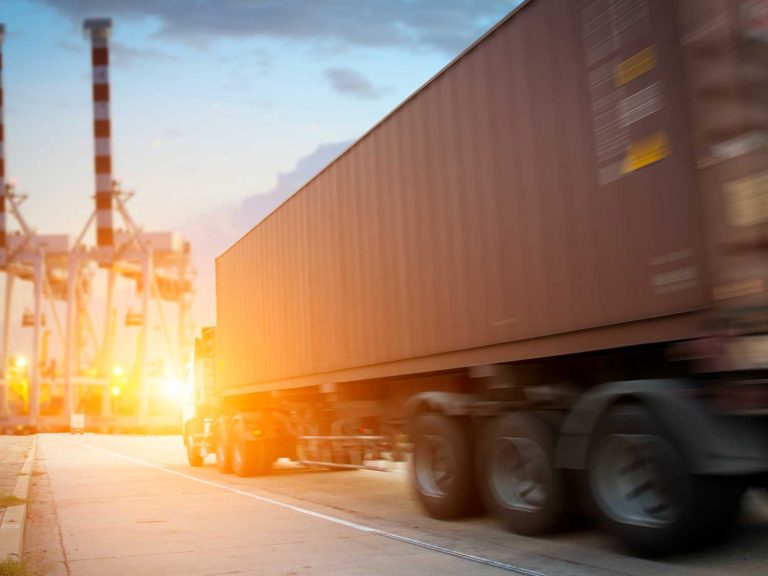
Date:
The perfect storm threatening container haulage
The perfect storm threatening container haulage
There is not an industry sector that has not been impacted to some extent by the COVID-19 pandemic. Even those deemed ‘essential’ have had to battle unprecedented economic and operational challenges, but few have felt the impact quite as keenly as the hauliers that serve the container sector.
Container haulage operations have been challenged across many fronts, pre, during and after the country’s lockdown and their travails (and by association Metro and our customers) show no signs of abating any time soon.
We outline below some aspects of the ‘perfect storm’ events which are currently causing issues for us operationally.
Increased demand on road haulage
- Almost 25% of containers move inland by rail, but many of the services taken out at the start of the COVID crisis have yet to be reinstated.
- Unexpectedly high volumes of ‘peak season’ containers – particularly at Felixstowe and Southampton – have no rail connections, creating congestion at the terminals and putting greater pressure on pure road transport.
- Vessels schedule disruption, due to earlier changes to transit, weather delays and Covid related issues are disrupting haulage forecasts.
- Congestion and port disruption means vessels are being increasingly diverted from original port of destination, putting pressure on new port of arrival and exacerbates road performance, as equipment is out of position.
- Rail failures as vessels arrive late, with trains scheduled to depart, but booking windows impacted as containers are not available as expected.
Reduced road haulage capacity
- Trailers handed back during the pandemic are not being returned, which is really impacting drop and swaps.
- Drivers who were furloughed have moved into other sectors which pay better, reducing the pool of qualified drivers available to the container sector.
- Driver summer holidays are also reducing the labour supply.
- Agency drivers are available, to fill some of these gaps, but the container sector can’t afford to pay them, particularly as many hauliers lowered tariffs during the lockdown, under pressure from the lines and cannot now recover rates.
- EU drivers that have travelled overseas for holidays have not returned due to Brexit transition and quarantine regulations.
COVID related impacts
- Regular operational pauses for deep cleaning and COVID safe working practices at all ports means that terminal operating hours have been slashed, creating delays in all areas.
- DC and warehouse social distancing measures are resulting in much slower container unloading, creating delays inland and reducing the numbers of collection/ deliveries drivers can make, including complete cancellations due to drivers hours.
- DC’s and warehouses struggling to cope with late arrivals and still working with reduced hours and social distancing resulting in unload failures and then having an effect on next day delivery/ collections.
We are doing everything we can to avoid and mitigate the issues outlined above.
For each vessel arrival, our teams work to identify and avoid potential issues, with a proactive approach that is a standard part of our service and solution.
Our expectations are that the current situation will continue for the rest of September and then improve as adjustments are made to the haulage fleets and more drivers join to increase capacity.
Metro is trying to avoid any delays or disruptions to first/final mile movements, transport movements and we are working very closely with our partner hauliers and rail providers. Please call Grant Liddell or Ian Barnes for the latest updates and market position.
